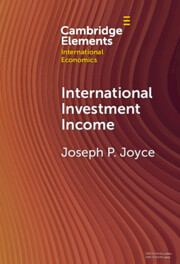This article examines the rejection of the International Investor–State dispute (ISDS) system across the African continent and its replacement with a range of domestic and regional alternatives. It assesses the advantages of the two principal options for African countries: retaining the current ISDS system, or using local courts and regional tribunals. To this end, the dispute resolution mechanisms proposed in the Pan-African Investment Code, the 2016 Southern African Development Community Finance and Investment Protocol, the SADC model BIT, the Common Market for Eastern and Southern Africa, Economic Community of West African States and East African Community investment agreements and domestic approaches are critically examined. The argument is then advanced that African countries should not abandon ISDS because replacing it with isolated domestic or regional mechanisms does not reduce any of the risks. In particular, for foreign investors, the risk associated with the adjudication of investment disputes in potentially biased, politically influenced domestic courts may prove too high. African host nations, in turn, risk sending out the wrong message concerning their commitment to the protection of foreign investments. Instead of veering off course, perhaps the time has come for African States to display the political will to remain within the ISDS system and contribute to its reform from within.


